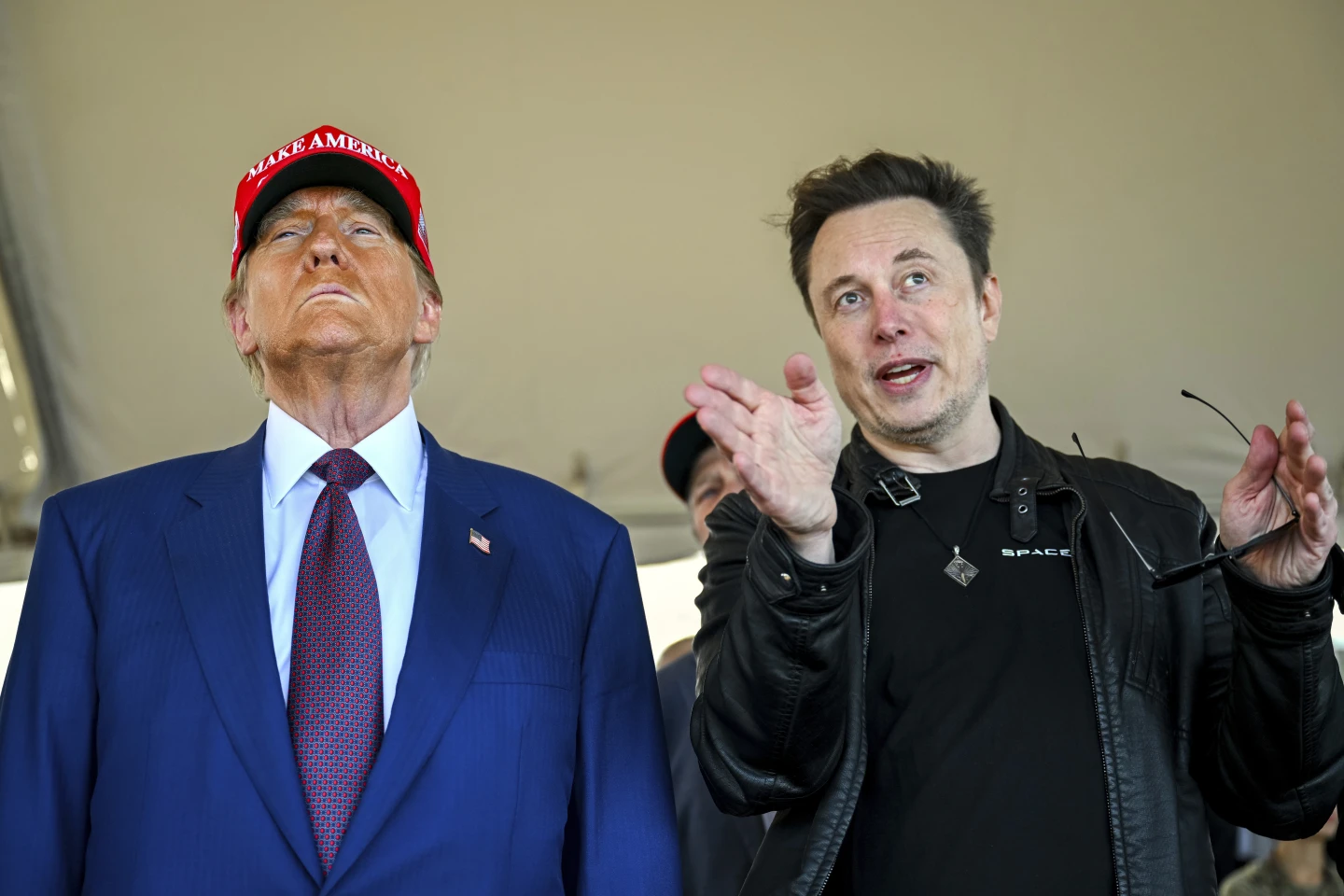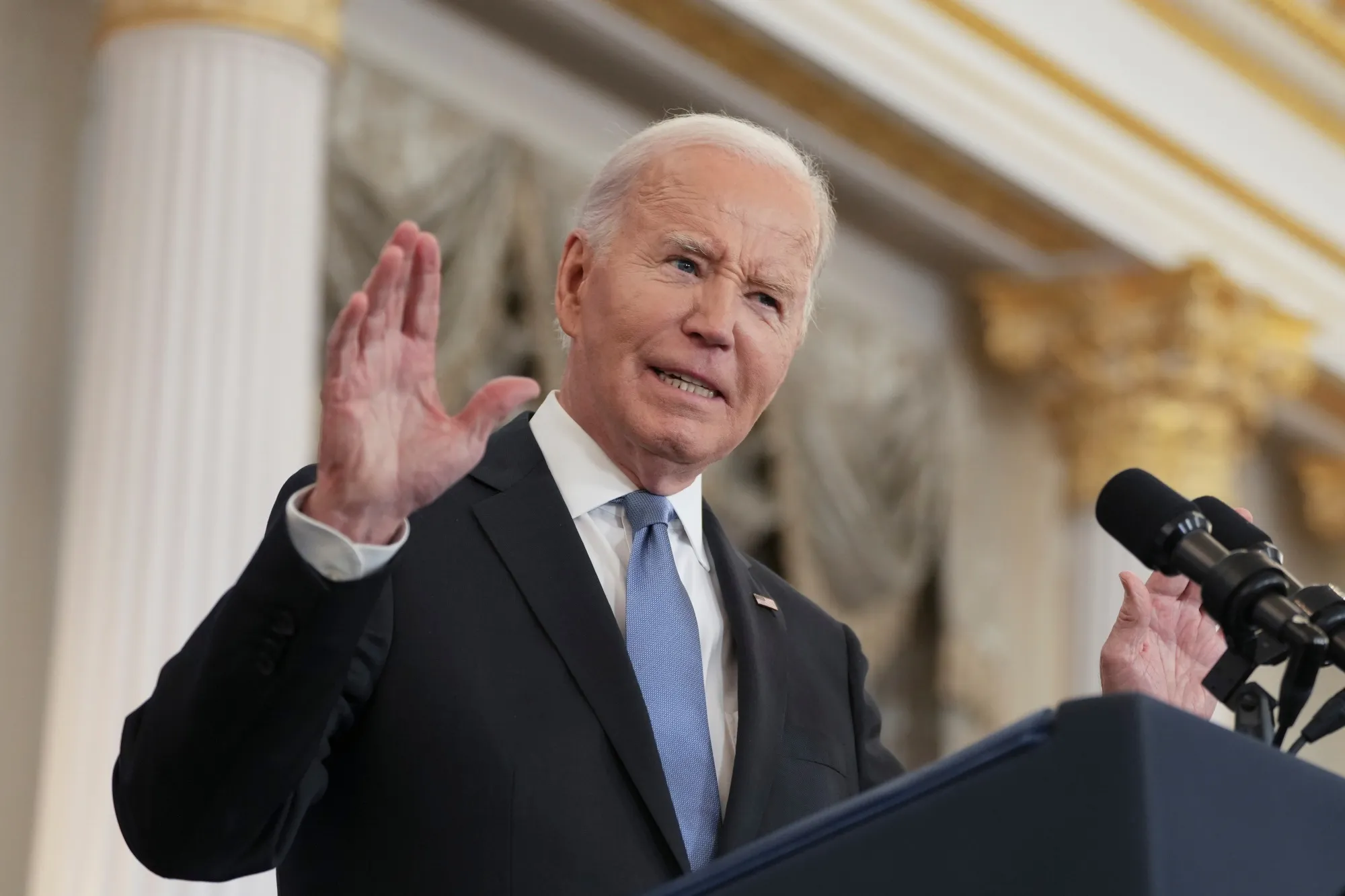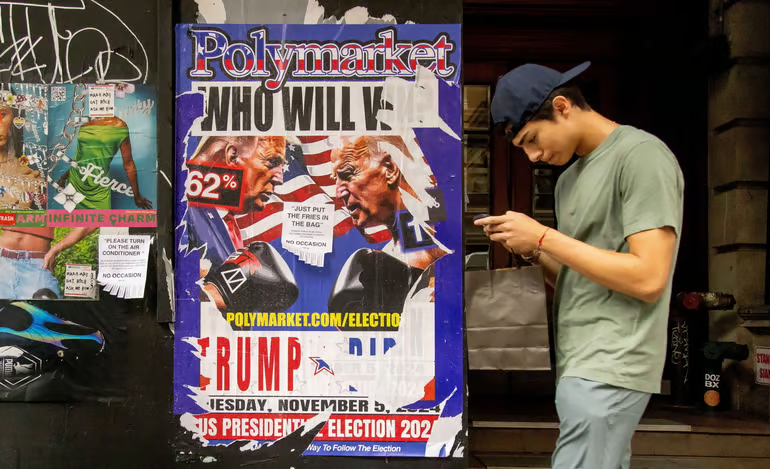As the final election polls are released and in-person voting progresses, investors are actively placing and adjusting their bets on the potential outcome of the presidential election.
While Vice President Kamala Harris’s odds have improved slightly, the financial markets predominantly favor former President Donald Trump, positioning him as the likely victor.
Prediction markets, which provide a glimpse into investor sentiment, indicate a significant lead for Trump. Platforms such as Polymarket, Kalshi, and PredictIt are at the forefront of this wagering activity. As of Monday afternoon, Polymarket estimates Trump has a 60% chance of winning the election, a slight decrease from 67% the previous week due to recent polling that has favored Harris, particularly the unexpected results from a Selzer poll in Iowa. Despite this fluctuation, Polymarket has faced criticism regarding the potential for manipulation in its pricing.
Conversely, PredictIt, the oldest prediction market, shows Harris leading by a narrow margin, though its operational constraints limit the number of bettors and the size of their wagers. Kalshi, a regulated exchange, currently reports a 56% probability of victory for Trump, down from 65% in previous weeks, reflecting a brief moment where Harris appeared to gain momentum following the Iowa poll.
While some may view these prediction markets as informal betting arenas, their pricing trends have consistently mirrored established financial markets. Investment bank Piper Sandler has developed portfolios reflecting the potential impacts of each candidate’s victory. The Trump portfolio includes companies in oil and defense, while the Harris portfolio focuses on renewable energy and electric vehicles. Recent performance indicates that as sentiment has shifted away from Harris, the Trump portfolio has gained about 3%, while the Harris portfolio has seen a decline of 7%. This alignment with market odds demonstrates investor confidence in Trump’s policies and their potential positive impact on certain sectors.
Broader market indicators also reflect an expectation of a Trump presidency. Treasury yields have risen in anticipation of increased government borrowing and budget deficits that would accompany Trump’s policies, which are perceived to drive growth and inflation. The dollar has also strengthened, partly due to rising Treasury yields and Trump’s proposal for sweeping tariffs, which economists believe would support the greenback.
In the cryptocurrency realm, Trump’s promises to support the crypto industry, including establishing a bitcoin reserve, have sparked optimism among investors. His stance positions the US as a potential leader in the global cryptocurrency market, despite recent fluctuations in Bitcoin prices.
While some traders predict challenges for clean energy companies should Trump win, many believe banks and financial institutions will fare better under his administration. The expectation is that Trump would resist higher corporate taxes and stricter regulations that could be more likely under a Harris presidency.
Moreover, Trump’s media company, Trump Media & Technology Group, has become a barometer for his electoral prospects. The stock has gained significant attention, reflecting investor enthusiasm as it trades with notable volatility, achieving meme-stock status and nearly doubling in value this year.
The Economist and the Wall Street Journal contributed to this report.









